Application for 2021 OPEN
How to apply
To apply for the programme, applicants must send an e-mail to the ESOR Office and provide the below-mentioned documents in one single PDF file in the following order:
- Letter of motivation including previous experience in the field
- ESOR Curriculum Vitae Template* (DOC)
- Letter(s) of recommendation (by the head of department of the current hospital/University)
- Certificate of recent board certification from the relevant authority
- Copy of medical degree as well as copy of specialisation as radiologist
- Language certificate
- List of five most important/relevant publications in international peer reviewed journals
- List of references to be contacted if necessary
- ESR membership proof
- Copy of passport
*Each candidate is required to submit the provided ESOR CV. Any application with another CV will not be considered.
Please note that only complete applications can be considered. To ensure equal opportunities candidates should apply only to institutions outside of their country of residence/work. Upon selection of the successful candidate his/her diploma will have to be certified by the College of Physicians.
The candidate will be asked to provide additional documents to the training centre for administrative purposes. The fellow is further asked to take care of his/her working permit and insurance. Please note that he/she is responsible for his/her visa. The training centre will help the fellow with all organisational details.
To apply for or renew your ESR membership please click here.
Evaluation Committee
C. Adamsbaum
Paris/FR
S. Franchi-Abella
Paris/FR
Clinical/Research Fellowship in Paediatric Radiology
Hospital Bicêtre, Le Kremlin Bicêtre/France
Number of available places
During 2021/2022 one place will be available for a recently board-certified radiologist from a EU country or in possession of PAE test (if not from a EU country), who is a full member of ESR.
Eligibility
- The exchange programme applies to radiologist from a EU country or in possesion of PAE test (if not from a EU country) within the first three years after certification
- The candidate should wish to become a fellow or subspecialise in paediatric radiology.
- He/She should have experience with imaging techniques and image interpretation of paediatric imaging. In option, he/she may have some basic knowledge of fetal imaging and/or interventional imaging.
- He/She should also have an interest and basic skills in medical database handling and scientific presentations and publications.
- Knowledge of the French language (level B2) is a definite prerequisite.
- The successful candidate will have to make himself/herself available for an interview via Skype.
- ESR membership fees for 2020 or 2021 must be settled.
Please note that each candidate can only apply for one ESOR fellowship programme and one of the available topics at once.
Duration and funding
The fellowship will start on November 1st, 2021 and will last for 12 months. The fellow has to ensure his/her availability for the exact period stated as any postponement is not possible.
This fellowship will be supported by a grant which supports the fellow’s travel and accommodation expenses during the training period. ESR cannot guarantee that the grant will cover these costs in full. During the period of the training that fellow is responsible for covering his/her expenses and his/her own health insurance. The grant (approx. €1,900 per month) will be paid out on a monthly basis.
Programme structure
Based on daily learning, the trainee will familiarise him/herself with the institution’s imaging equipment and with pathologies. He/She will then learn to become proficient not only at imaging examinations but also at the diagnostic strategies and choice of the diagnostic tools. In particular, it is to take into account that the X-Ray exposure is a major concern in paediatrics.
A daily short conference and/or case review by experienced staff and case-by-case hands-on teaching on routine clinical cases are the main tools for learning. Participantion in multidisciplinary meetings is also part of the activity of the fellow and will complete the learning.
The research duties are mandatory. The topic is chosen together with the trainee and under the responsibility of one of the senior. The fellow should be able to select patients, organise and monitor the examinations, collect and analyse the data, under supervision, including demographics and other clinical data and write a scientific article. Collaborations with other physicians and engeneers will be provided if they are needed.
A detailed individual programme is determined at the beginning of the fellowship in consultation with the fellow.
Certification
After successful completion of the one-year training the trainee receives a certificate from ESR/ESOR and Hospital Bicêtre. In order to receive this, the fellow must present a written report about his/her work and activities during the programme.

